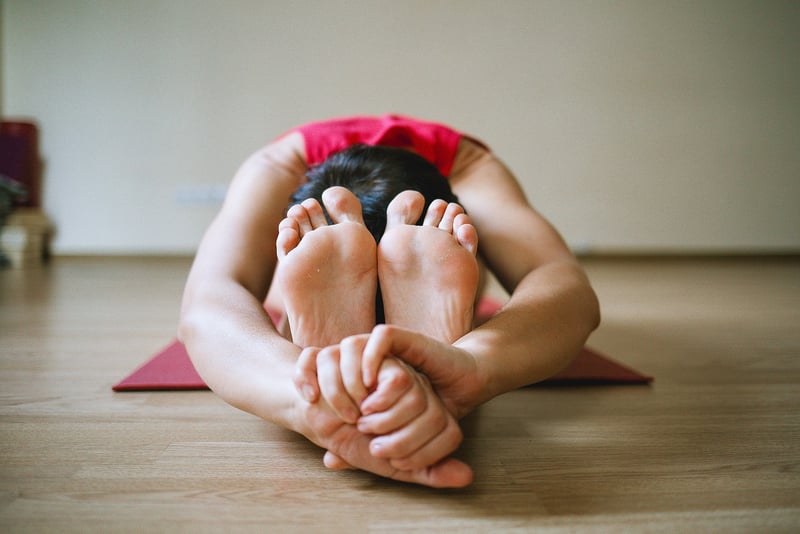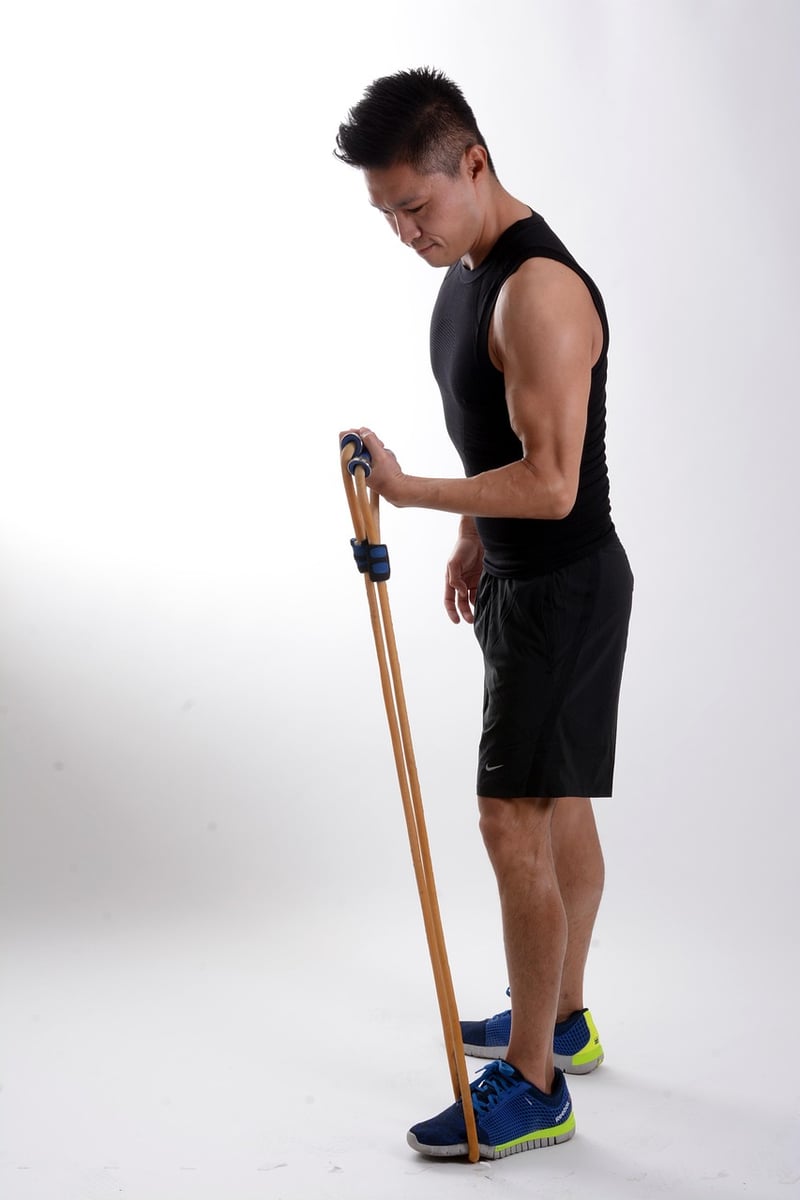Flexibility Exercises
The Importance of Flexibility Exercises in Your Workout Routine
When it comes to maintaining a healthy and active lifestyle, exercise and movement play a crucial role. While activities like cardio and strength training are often the focus of many workout routines, flexibility exercises should not be overlooked. Incorporating flexibility exercises into your fitness regimen can bring a wide range of benefits to your overall well-being.
Benefits of Flexibility Exercises:
- Improved Range of Motion: Flexibility exercises help to increase the range of motion in your joints, allowing you to move more freely and perform daily activities with ease.
- Reduced Risk of Injury: By improving flexibility, you can reduce the risk of strains, sprains, and other injuries during physical activities or sports.
- Enhanced Posture: Flexibility exercises can help correct muscle imbalances and improve posture, reducing the strain on your body from prolonged sitting or standing.
- Relief from Muscle Tension: Stretching exercises can help release tension in tight muscles, promoting relaxation and reducing muscle soreness.
- Improved Performance: Better flexibility can enhance your athletic performance in various sports and activities by allowing for more efficient movement patterns.
Examples of Flexibility Exercises:
There are many types of flexibility exercises that you can incorporate into your workout routine. Some common examples include:
- Static Stretching: Hold a stretch position for 15-30 seconds without bouncing, focusing on major muscle groups like hamstrings, calves, and shoulders.
- Dynamic Stretching: Perform controlled movements that gently take your joints through a full range of motion, such as leg swings or arm circles.
- Yoga: Practice various yoga poses that improve flexibility, strength, and balance while promoting relaxation and stress relief.
- Pilates: Engage in Pilates exercises that focus on core strength, stability, and flexibility through controlled movements and proper breathing techniques.
Remember to warm up your muscles before performing flexibility exercises and cool down afterward to prevent injury and promote recovery.

Whether you are a beginner or a seasoned athlete, incorporating flexibility exercises into your workout routine can have a positive impact on your fitness goals and overall health. Consult with a fitness professional or physical therapist to create a personalized flexibility training plan that suits your needs and abilities.
Embrace the benefits of flexibility exercises and enjoy the freedom of movement and improved well-being that comes with a flexible body!
